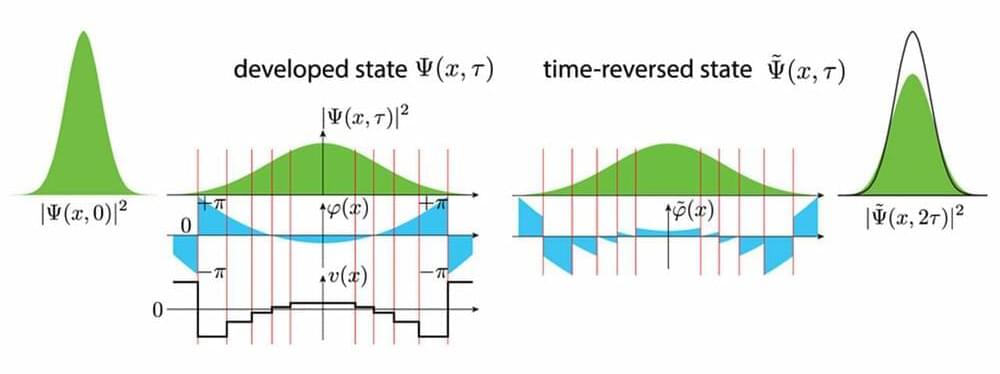In the quest to understand the potential for life beyond Earth, researchers are widening their search to encompass not only biological markers, but also technological ones. While astrobiologists have long recognized the importance of oxygen for life as we know it, oxygen could also be a key to unlocking advanced technology on a planetary scale.
In a new perspective published in Nature Astronomy, Adam Frank, the Helen F. and Fred H. Gowen Professor of Physics and Astronomy at the University of Rochester and the author of The Little Book of Aliens (Harper, 2023), and Amedeo Balbi, an associate professor of astronomy and astrophysics at the University of Roma Tor Vergata, Italy, outline the links between atmospheric oxygen and the potential rise of advanced technology on distant planets.
“We are ready to find signatures of life on alien worlds,” Frank says. “But how do the conditions on a planet tell us about the possibilities for intelligent, technology-producing life?”









